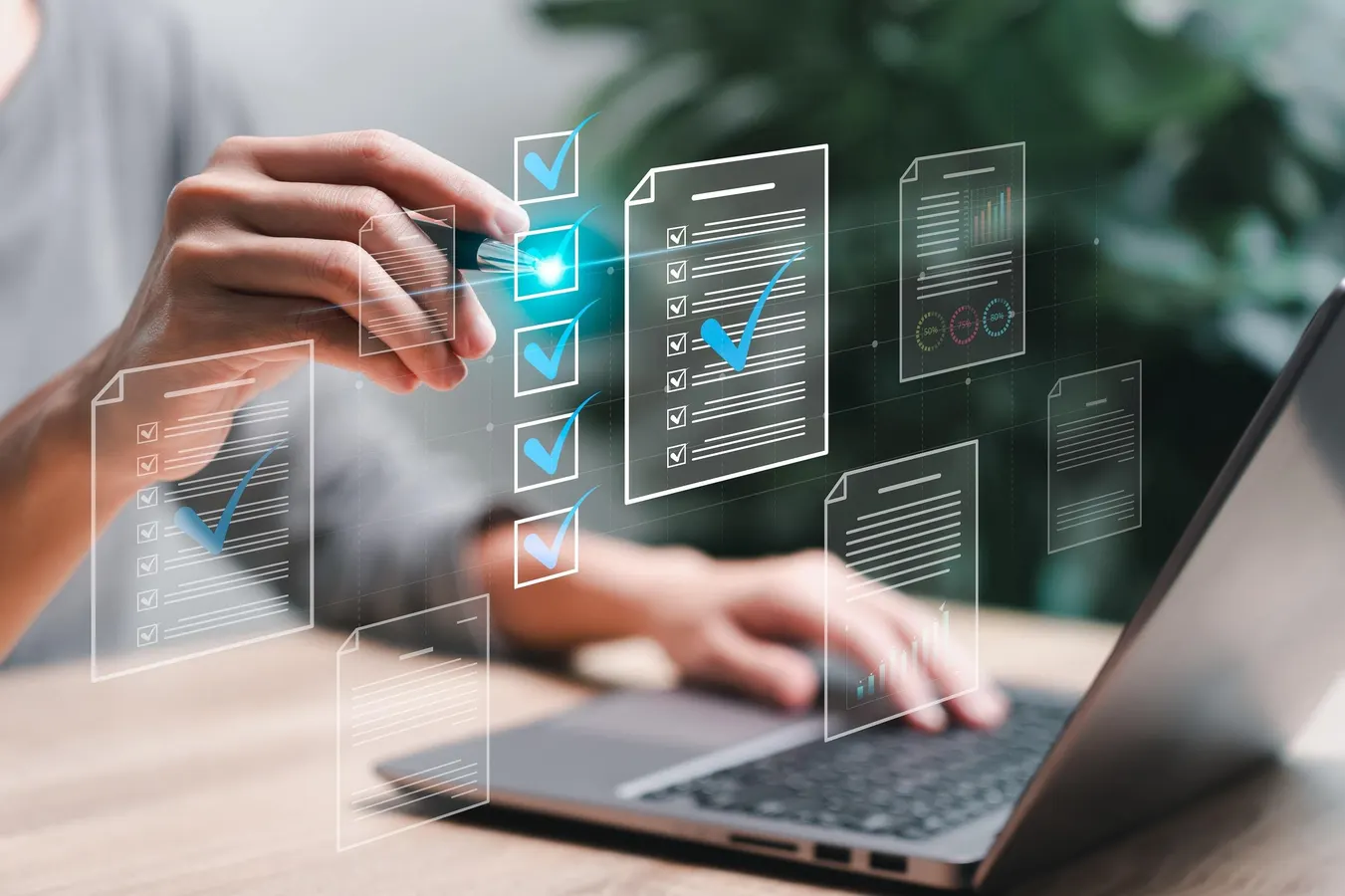Technology is advancing faster than ever before, transforming the way we live, work, and communicate. From artificial intelligence (AI) to cloud computing, and from wearable devices to smart cities, technology is no longer just a convenience—it’s a driving force shaping economies and societies. For individuals and businesses alike, staying informed and adapting to these changes is essential to staying competitive and connected in a rapidly evolving world.
But how exactly is technology changing our daily lives? And what are the major trends shaping the future? Let’s explore the innovations redefining our world and how you can prepare for what’s next.
The Digital Transformation of Everyday Life
Over the past two decades, technology has shifted from being a specialized tool to an integral part of everyday living. Our phones act as wallets, personal assistants, and entertainment hubs. Smart home devices can adjust lighting, temperature, and security with a simple voice command. Cars are becoming smarter, with features like self-driving capabilities and real-time navigation powered by AI.
This integration of technology into daily life is driven by convenience and efficiency. Tasks that once took hours—like shopping, banking, or booking travel—can now be done in minutes, often without leaving home. While this digital transformation brings undeniable benefits, it also introduces new challenges, such as concerns about privacy, data security, and over-reliance on devices.

Major Tech Trends Shaping the Future
Several technological innovations are driving significant change across industries and communities. Here are some of the most influential trends shaping the future:
1. Artificial Intelligence (AI) and Machine Learning (ML)
AI is no longer just a futuristic concept; it’s already here, influencing everything from voice assistants to advanced analytics. Businesses use AI to automate tasks, analyze data, and create personalized experiences for customers. Machine learning algorithms help healthcare providers detect diseases earlier, retailers predict buying trends, and financial institutions identify fraud.
The future of AI points toward even greater integration, with generative AI (like ChatGPT) producing content, designing products, and even assisting with software development. However, these advancements also raise questions about job displacement, bias in algorithms, and ethical use of technology.
2. Cloud Computing and Edge Computing
Cloud computing has revolutionized how businesses store and manage data, allowing for scalable solutions without heavy infrastructure investments. Companies of all sizes now rely on cloud services to operate efficiently and securely.
Edge computing, the next evolution, processes data closer to where it’s generated (such as IoT devices) to reduce latency and improve real-time decision-making. This will be critical for applications like autonomous vehicles and smart cities.
3. 5G and the Internet of Things (IoT)
The rollout of 5G networks is enabling faster connections, powering the growth of IoT—devices that communicate with each other seamlessly. From smart appliances to connected cars, IoT is changing how businesses track inventory, monitor performance, and deliver services. For consumers, it means smarter homes and greater convenience.
4. Cybersecurity and Data Privacy
As technology grows, so does the importance of protecting it. Cybersecurity threats—from ransomware to data breaches—are becoming more sophisticated. Businesses and individuals must prioritize strong security practices, such as multi-factor authentication and encryption, to protect sensitive information. Regulations like the GDPR (General Data Protection Regulation) highlight the growing emphasis on data privacy worldwide.
5. Augmented Reality (AR) and Virtual Reality (VR)
Once primarily used in gaming, AR and VR are now making waves in industries like retail, healthcare, and education. Virtual showrooms, remote surgeries, and immersive training programs are just a few examples of how these technologies are revolutionizing experiences.
The Impact of Technology on Businesses
For businesses, technology is no longer optional—it’s essential for growth and survival. Companies that embrace innovation can streamline operations, improve customer experiences, and gain a competitive edge. Those that resist risk falling behind.
Key benefits for businesses include:
-
Automation and Efficiency: AI, robotics, and smart software reduce repetitive tasks, allowing employees to focus on higher-value work.
-
Data-Driven Decision Making: Big data analytics help businesses predict trends, understand customers, and make informed choices.
-
Global Reach: E-commerce platforms and digital marketing allow even small businesses to reach global audiences.
-
Enhanced Customer Experience: Personalization through AI-driven recommendations, chatbots, and omnichannel strategies builds stronger customer relationships.
However, businesses must also navigate challenges, including cybersecurity risks, technology costs, and the need to upskill employees to work with new tools.
Preparing for the Future of Technology
For both individuals and organizations, thriving in a tech-driven world requires adaptability and continuous learning. Here are steps you can take to prepare:
-
Stay Informed
Follow tech news, attend webinars, and engage with thought leaders to understand how emerging technologies may impact your industry and lifestyle. -
Learn New Skills
Digital literacy, coding, data analysis, and cybersecurity awareness are becoming essential skills, even for non-technical roles. Online courses and certifications make it easier than ever to stay competitive. -
Prioritize Cybersecurity
Use strong passwords, enable two-factor authentication, and regularly update software to protect yourself and your business from threats. -
Adopt Technology Strategically
Not every trend will be right for your life or business. Evaluate how each innovation can add value before investing time or money. -
Balance Technology and Humanity
As tech becomes more integrated into our lives, it’s crucial to maintain a human touch. Real-world relationships, creativity, and emotional intelligence remain irreplaceable skills.
The Challenges Ahead
While technology promises a more connected and efficient world, it also presents challenges that society must address:
-
Job Displacement: Automation may replace certain roles, requiring reskilling for millions of workers.
-
Digital Divide: Not everyone has equal access to advanced technologies, creating inequalities in education and opportunities.
-
Ethical Concerns: From AI biases to data surveillance, society must navigate the responsible use of powerful tools.
-
Mental Health: Overreliance on screens and constant connectivity can contribute to stress, anxiety, and isolation.
Solving these issues will require collaboration between governments, businesses, and individuals to ensure technology benefits everyone fairly.
Final Thoughts
Technology is advancing at a pace humanity has never seen before, and its impact is felt across every corner of our lives. From AI-driven solutions to IoT-powered homes, the possibilities for innovation seem endless. For individuals and businesses willing to adapt, technology offers unprecedented opportunities for growth, convenience, and creativity.

However, the key to thriving in a tech-driven future isn’t just adopting every new gadget or trend—it’s understanding how technology can enhance, rather than overwhelm, our lives. By staying informed, embracing learning, and balancing innovation with ethics, we can ensure that technology remains a force for good, driving progress while preserving what makes us human.
In the end, the future belongs to those who see technology not as a challenge, but as a tool to create, connect, and build a better world.





